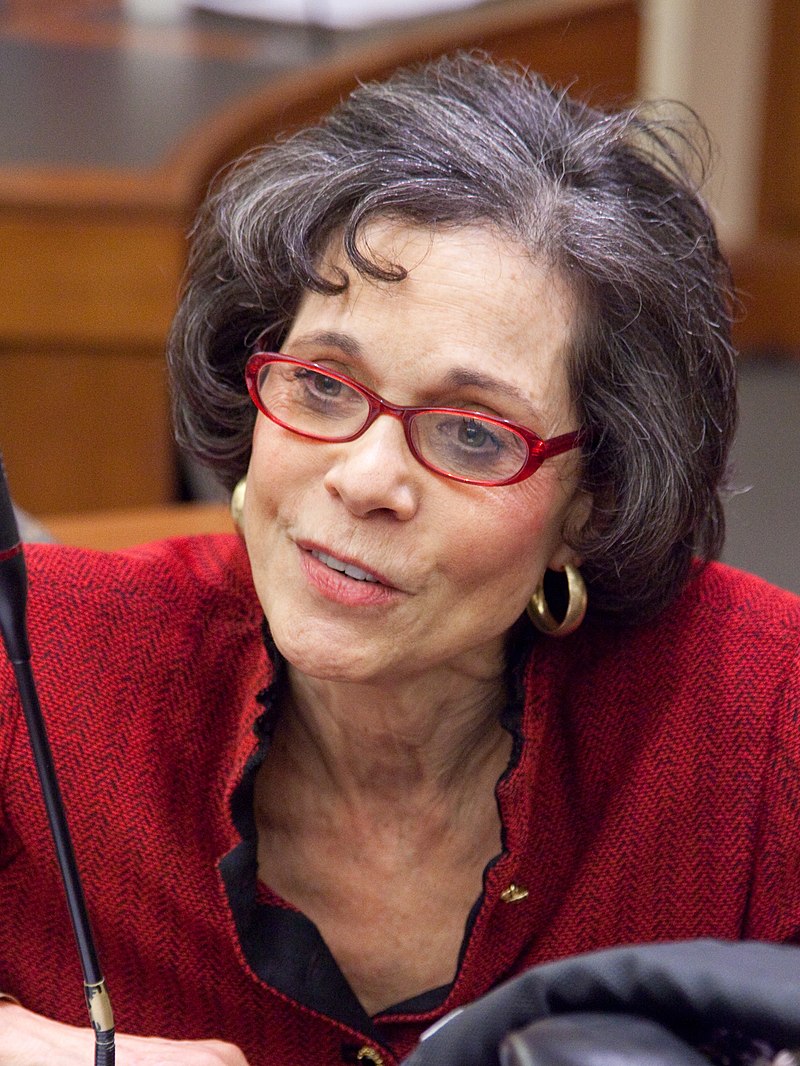
Devra Davis
Founder, Environmental Health Trust, Author "Disconnect"
Environmental Health Trust
About Devra Davis
Dr. Devra Davis is founder and President of Environmental Health Trust, a scientific think tank that publishes research and educates policymakers and the public on environmental health hazards. She is currently Visiting Professor of Medicine at The Hebrew University Hadassah Medical School, Jerusalem, Israel, and Ondokuz Mayis University Medical School, Samsun, Turkey. Davis was Founding Director, Center for Environmental Oncology and the University of Pittsburgh Cancer Institute and founding director of the Board on Environmental Studies and Toxicology of the U.S. National Research Council, National Academy of Sciences.
Davis was Senior Advisor to the Assistant Secretary for Health in the Department of Health and Human Services and appointed to the US Chemical Safety and Hazard Investigation Board by President Clinton. She served on the Board of Scientific Counselors of the U.S. National Toxicology Program and various advisory committees to the U.S. Centers for Disease Control and Prevention. She was part of the team of Intergovernmental Panel on Climate Change scientists awarded the Nobel Peace Prize in 2007 with the Honorable Al Gore as she was lead author on research assessing climate mitigation policies.
She has also authored more than 200 peer reviewed publications in books and journals ranging from the Lancet and Journal of the American Medical Association. Her three popular books include When Smoke Ran Like Water: Tales of Environmental Deception and the Battle Against Pollution, Disconnect:The Truth About Cell Phone Radiation, What the Industry Is Doing to Hide It, and How to Protect Your Family and the Secret History of the War on Cancer.
Davis testified in the 2009 Senate hearings on cell phone radiation (CSPAN link), has published numerous studies on the health effects of non-ionizing electromagnetic radiation, and organized numerous national and international scientific conferences on the issue. EHT’s scientific publications were submitted to the FCC record and EHT submitted thousands of pages of evidence to the FCC in the years leading up to the court’s decision
